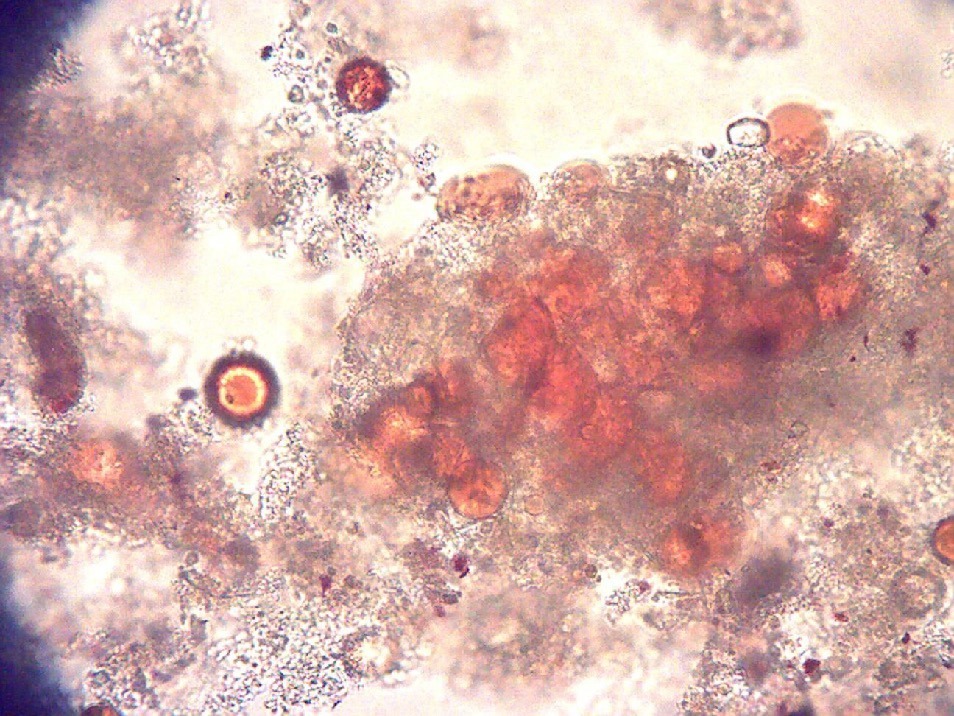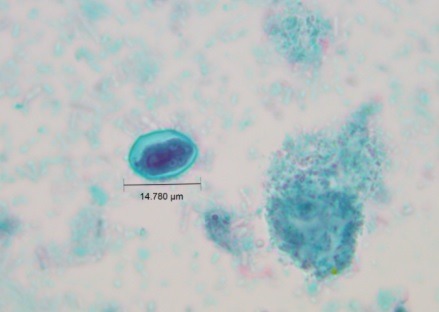
Laboratory of Choice
Children are not things to be molded but are people to be unfolded.
Science-first leaders whose compassion for healthcare providers and patients is incomparable.
Curabitur arcu erat, accumsan id imperdiet et, porttitor at sem. Nulla porttitor accumsan tincidunt.
Comprehensive Gastro-Intestinal Solutions
Comprehensive Gastro-Intestinal Solutions
Comprehensive Gastro-Intestinal Solutions
Traditional Stool Tests
The following tests are all performed using the usual long-established methods and can be performed from the same sample if requested.
Fecal Fat Stool Test, Semi-Quantitative
Fecal fat measures the amount of fat within a stool sample. Excess fat, known as steatorrhea, can be tested for this, ultimately aiding in the determination of malabsorption and/or digestive disease. We test for both the presence of neutral fats and split fats in the stool. Neutral fats (e.g., monoglycerides, diglycerides, triglycerides) seen in excess are suggestive of steatorrhea, impaired synthesis, or secretion of pancreatic enzymes or bile.
An increase in split fats is suggestive of impaired absorption of nutrients. These neutral/split fats should be rare in normal stool samples. In order to test the stool sample, we stain the stool with Sudan III for Fecal fat testing. Both fecal fat preparations result in a semi-quantitative manner ranging from 0-3+ depending on microscopic criteria. Both tests are examined microscopically under 400x for evaluation.

Ova & Parasites, Wet Mount & Concentrated Permanent Trichrome Stain
Ova & Parasite stool test is a microscopic exam to help diagnose the appearance of eggs, trophozoites, and/or helminths found within the stool. Parasitic infections often occur in the lower digestive tract, which may cause diarrhea. This test is performed on a stool sample with fresh stool for wet mount and Proto-fix preserved sample for concentrated Trichrome (permanent) stain.
This test is microscopically evaluated under an oil immersion field by experienced technologists. Ova & parasites are reported if identified as NEGATIVE or POSITIVE; however, life cycles may prevent a diagnosis and have a higher yield of identification in molecular studies, such as in our Diarrhea Pathogen Panel.

Keep up-to-date with Genesis Labs.
46th Annual New York Course Conference
sean@rizco.com2022-12-02T15:58:47+00:00December 2, 2022|
Florida Digestive Diseases Update 2022
sean@rizco.com2022-12-02T16:49:20+00:00December 2, 2022|


